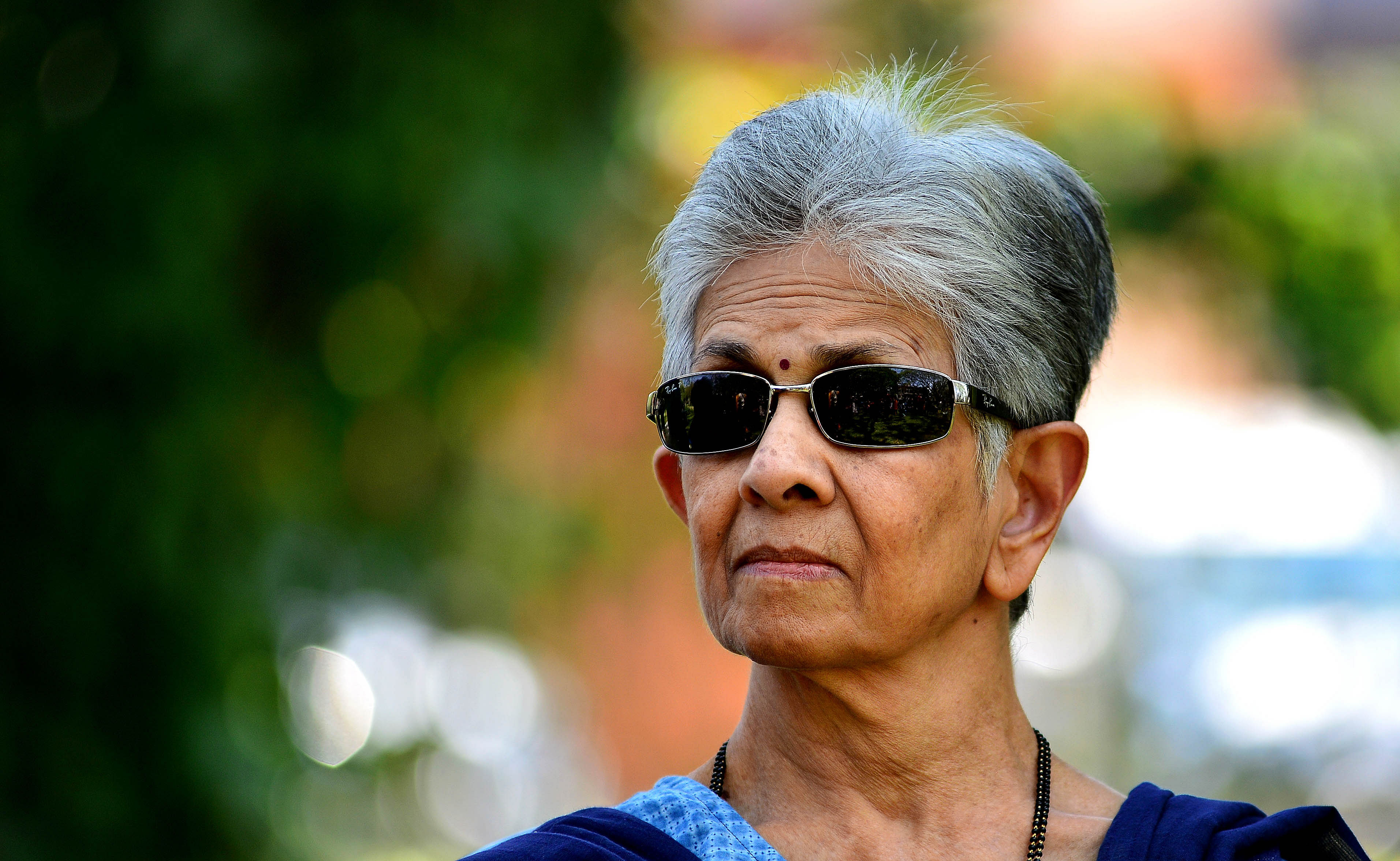
Welcoming the Supreme Court’s verdict saying that adultery is not a crime, most women’s rights activists said this was a victory over patriarchy.
However, they cautioned that it called for handling relationships in a more effective manner.
"This judgement thankfully does away with the idea of a woman being her husband's property. It was this notion that made the law punish the man committing adultery because he was wronging the husband. (This is) far too antiquated an idea to have any place in society today," said novelist Shashi Deshpande.
According to Dr Sudeshna Mukherjee, Coordinator, Centre for Women’s Studies, Bangalore University, the verdict gives empowerment to women.
So far women were not even recognised, and their individual considerations were not taken into account. Now, the judgement recognises them as someone capable of taking independent decisions, she said.
The previous law had a colonial hangover and did not recognise women as someone who had a choice, Mukherjee said.
ALSO READ: Supreme Court judgement on adultery
Meanwhile, M S Asha Devi, Kannada writer and critic said, “We welcome this judgement. It is a victory against patriarchy. Women across the world have been fighting for autonomy over their opinion, body and identity. Today’s judgement has enhanced my faith in the law.”
Calling it a “humane” verdict, she said that adultery not being called a crime is a complex matter.
“Giving freedom means accountability. This calls for more responsibility from both the partners,” she added.
Devi said this was a technical victory and that they would strive to achieve political victory.
The All India Democratic Women’s Association (AIDWA) also said it welcomes the judgement holding Section 497 of the IPC (Adultery) unconstitutional and striking it down.
“It is pertinent to note that most of the countries, including the UK, which formerly treated adultery as a crime, have decriminalised it.
The supreme court rightly held that the section was retrograde and that adultery is not a criminal offence but a civil wrong and should not be criminalised,” the association
said.
Explaining the legal options available for women, the association said: “If a spouse has a sexual relationship outside marriage, the other spouse can always file for divorce and other matrimonial reliefs.”
“A woman can also file under the Domestic Violence Act for monetary relief, separate residence and compensation if she has suffered physical and mental trauma or torture. A woman can also file a complaint under Section 498A IPC if along with adultery she has been treated with cruelty and tortured,” it added.